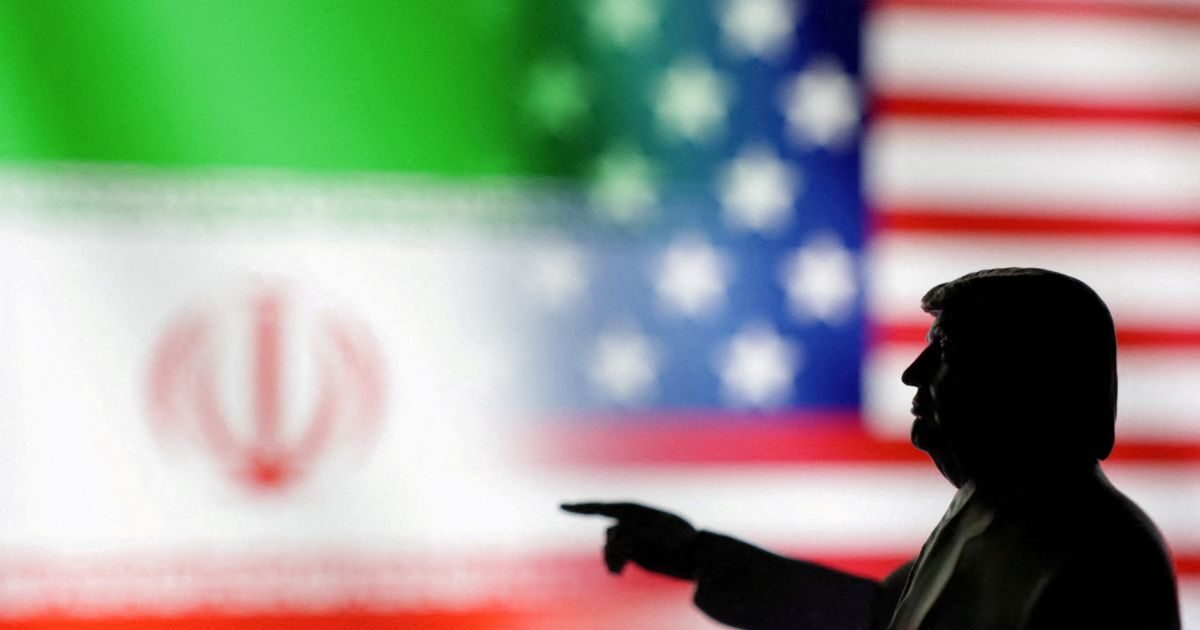Israel’s attack on Iran and the threat of a third world war comes to be added to a set of international agents that shake Greek and world economy.
Most importantly, it challenges the only positive news of the latest period, which was the decline in inflation internationally (although in Greece there were already signs of recovery), thus putting a tricycle in the course of reducing interest rates to enhance growth. The conflict in the Middle East, which sets fire to the energy markets, reverses the deflation process, while accelerating the opposing trends born of Donald Trump’s duties, causing economic volatility around the world.
If a “braking” is combined in the interest rate process with the new “demands” of NATO Secretary -General Mark Rutte, to increase the military spending of the Member States of the Alliance to 5% of GDP by 2028 (as the general ambition was that the further “relaxation” would make it easier for “relaxation”). The foundations of the global economy, which threatens to support Greece, obviously.
Energy and inflation in new orbit
The Middle East war ignition has launched international oil prices within a few hours, largely canceling the benefits of the mild winter energy season and recent supply stabilization.
With oil flows threatened, energy instability returns dynamically to the forefront, while for countries such as Greece, which are significantly dependent on imported energy, this translates directly into increased costs of production, transport and ultimately consumer prices. Inflation, which had begun to decline internationally after the shock of 2022, is threatened with a new acceleration, which removes the possibility of further reduction of interest rates by the ECB.
And this is because the escalation of geopolitical tensions will de facto lead to rearrange the strategy of central banks. The European Central Bank, which had launched the interest rate cuts aimed at boosting growth, is again confronted with the dilemma of choice between inflation and stimulate growth. Possible new inflationary pressures leave much room for maneuver, especially in high debt countries such as Greece, which is in danger of seeing the cost of borrowing remain high for longer. The same dilemma is facing the US, which sees the election narrative of the economic recovery being undermined by Donald Trump’s strategy, which brings back the ghost of protectionism.
The rhetoric and movements of the US president show intent to escalate duties to critical US partners, including the EU, which has threatened with 50%duties, while the negotiations have been extended without appearing “white smoke” on the horizon. China and EU answers are not expected to be delayed, leading the world economy again to a vicious cycle of retaliation, higher prices and reduced international trade. Already, before threats are implemented, Eurozone’s trade surplus decreased from EUR 37.3 billion in March to 9.9 billion euros in Aprilas announced by the EU Statistical Service, Eurostat. Greece, although a small player in this geo -economic chess, depends significantly on the exports and stability of the European market – especially on tourism, shipping and agri -food sector, and will also suffer the consequences of raising prices on imports.
NATO as a factor of fiscal instability
At the same time, the proposal of the new Secretary General NATO, Mark Rutte, is gaining ground to increase defense spending to 5% of GDP. If it is implemented – with itself declaring as a horizon in 2028, and not in 2030 – it will require drastic cuts in social and development costs or increased taxation. For Greece, which already spends more than 3% of GDP in defense and is struggling to maintain its fiscal discipline, such a requirement could derail the goals of primary surpluses and bring new austerity. In addition, the social acceptance of such an aggressive military funding is doubtful at a time when citizens are already experiencing high costs of living.
In conclusion, in the face of such a dangerous combination of factors, the domestic economy, although resistant to the level of macroeconomic sizes, is not shielded against a new international storm. Any delay in the ECB’s decisions to reduce interest rates, any energizing prices and every rift in the global supply chain translates into multiple strikes for domestic consumption and small and medium -sized enterprises.
Everything shows that the next period will not be judged by the effort to further stimulate growth, but by the ability to manage instability, which threatens the planet, without Greece being an exception.
